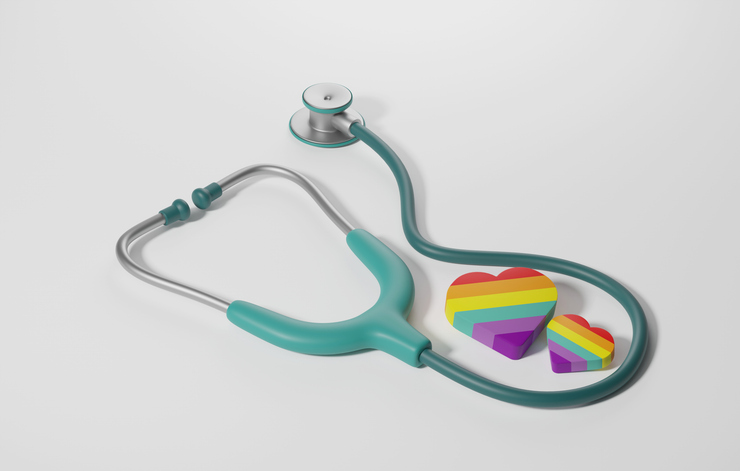Austin voters have approved a ballot referendum to regulate peer-to-peer transportation network companies such as Lyft and Uber, forcing the companies to suspend service in a city otherwise known for its forward thinking and friendliness toward innovation.
These peer-to-peer businesses directly connect drivers, who are otherwise not using their vehicles, with passengers who need transportation.
In February, Austin City Council members approved an ordinance requiring Uber and Lyft drivers to submit to criminal background checks, which are administered by law enforcement, in addition to the companies’ existing background-check procedures.
Before the new restrictions, Austin consumers were able to choose between getting a lift from one of the city’s 10,000 Uber drivers or the 750 government-approved taxicab industry workers.
Now, Austin consumers’ only option is the one that government officials have talked them into approving: taxicabs.
Considering that in 2012 city officials were working to reduce the availability of for-hire transportation — in order to artificially boost taxicab drivers’ income — it’s clear they are not working in the best interests of consumers.
Instead of protecting the public from supposedly dangerous rogue Uber drivers, restricting consumers’ transportation choices actually negatively impacts public safety.
A study published by Temple University’s Fox School of Business, written by professors Brad Greenwood and Sunil Wattal, studied how the availability of Uber has affected alcohol-related vehicular homicide rates.
Examining drunk-driving rates in six urban California counties over a five-year period during which Uber expanded significantly, Greenwood and Wattal found a “significant drop in the rate of [alcohol-related vehicular] homicides after the introduction of Uber.”
The rates dropped by 3.6 to 5.6 percent in counties Uber started serving.
When the researchers scaled up the data taken from the county level to the national level, they found allowing consumers all over the country to call for an Uber driver after a night of drinking wouldn’t just save lives, it would save billions of dollars otherwise spent on law enforcement, criminal justice and medical care.
“With more than 13,000 deaths occurring nationally each year due to alcohol-related car crashes at a cost of $37 billion, results indicate that a complete implementation of [Uber] would create a public welfare net of over $1.3 billion to American taxpayers and save roughly 500 lives annually,” Greenwood and Wattal wrote.
Evidence collected by Zachary Kalmbach, a research scholar at Texas A&M University, suggests Uber and other peer-to-peer transportation network companies have an outsized effect on drunk-driving rates in the first months after consumers gain access to ride-sharing applications.
Studying driving-under-influence rates in nine cities, including Austin, Kalmbach found a correlation between Uber expansion and safer consumer behavior on the roads.
Controlling for outside variables potentially affecting the results, such as marijuana legalization, Kalmbach estimates the “percentage impact is a reduction in DUIs of about 26 percent in the month that [Uber] is launched,” a result he found “statistically significant.”
Instead of looking to protect the health of politically powerful special-interest groups, such as well-funded taxicab companies, lawmakers should take steps that actually help people.
They should be encouraged, not squashed by regulation and taxes.



